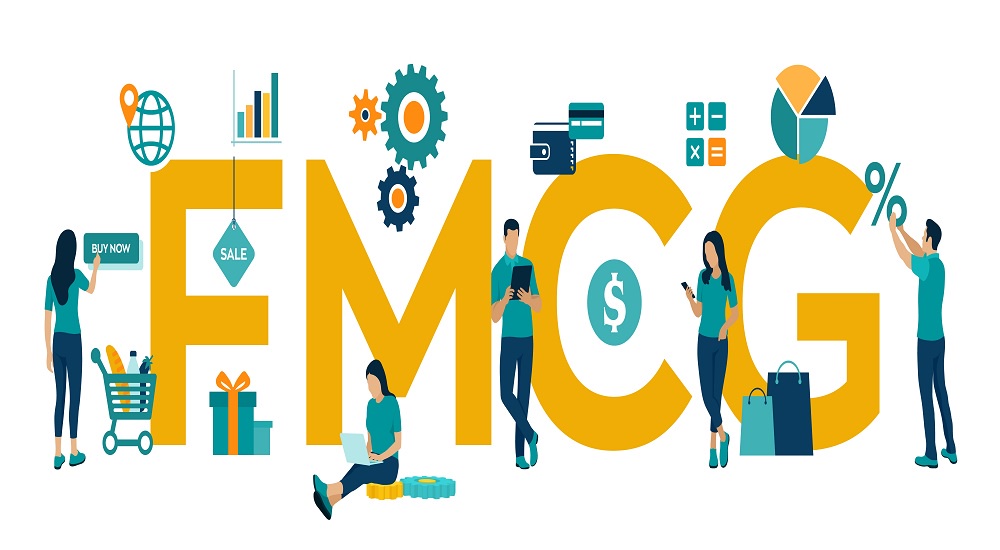The world of business is full of acronyms and jargon, and one that you've likely come across is FMCG. But what does FMCG mean, and why is it such a significant part of the market? In this blog post, we'll delve into the world of Fast-Moving Consumer Goods (FMCG) and explore its introduction, the importance of promotion, and the role of intelligent demand forecasting in the market.
FMCG Introduction
Fast-Moving Consumer Goods (FMCG) are everyday products that consumers purchase frequently and with minimal consideration. This diverse category includes items like food, beverages, personal care products, cleaning supplies, and more. FMCG products are characterized by their rapid turnover, relatively low cost, and short shelf life.
The FMCG Industry
The FMCG sector is a dynamic and highly competitive industry that affects consumers worldwide. It encompasses a vast array of products that people rely on for their daily needs. The market for FMCG products is not only large but also exceptionally diverse, serving a broad spectrum of consumers.
FMCG companies operate in a fast-paced environment, where trends and consumer preferences can change rapidly. This necessitates an agile approach to meet market demands and maintain a competitive edge.
Importance of Promotion
In the FMCG industry, the significance of promotion cannot be overstated. Promotion refers to a set of marketing activities aimed at raising awareness, creating brand preference, and driving consumer engagement. Let's explore why promotion is crucial for FMCG companies:
1. Enhancing Brand Visibility
With numerous products competing for consumer attention, standing out is a challenge. Effective promotion ensures that your brand is not only recognized but also remembered. This brand visibility can be a game-changer in a crowded market.
2. Facilitating New Product Launches
Introducing new products is a common practice in the FMCG sector. Effective promotion helps generate anticipation and awareness for these new offerings. It's a strategic approach to increase the chances of a successful product launch.
3. Driving Sales and Consumer Engagement
Promotion activities such as advertising, discounts, special offers, and loyalty programs encourage consumers to make purchases. These strategies not only boost sales but also foster consumer loyalty and engagement. In the FMCG industry, repeat business is often a significant driver of success.
4. Staying Competitive
The FMCG industry is marked by its rapid evolution and changing consumer preferences. Staying competitive requires a keen understanding of market trends and the ability to adapt to shifts in consumer behavior. Promotion allows FMCG companies to respond to these changes effectively.
Intelligent Demand Forecasting
Intelligent demand forecasting represents a modern approach to predicting consumer demand that leverages advanced technologies and data analytics. It is particularly relevant to the FMCG industry due to its agility and the need to adapt quickly. Here's why intelligent demand forecasting is gaining prominence:
1. Data-Driven Insights
Intelligent demand forecasting relies on vast datasets and real-time information. It offers a deeper understanding of consumer behavior, market dynamics, and external factors that impact demand. The more data you have, the more accurate your forecasts can be.
2. Enhanced Accuracy
By employing sophisticated algorithms, intelligent demand forecasting models provide more accurate predictions. This reduces the risk of overstocking or understocking products, which can be costly in terms of inventory management.
3. Adaptability
The FMCG industry is known for its rapid changes and seasonality. Intelligent demand forecasting models can adapt to these shifts and adjust predictions accordingly. This adaptability is crucial for ensuring optimal inventory management and keeping costs in check.
4. Cost Efficiency
Accurate demand forecasting can lead to cost savings by minimizing excess inventory and reducing the costs associated with stockouts and rush orders. FMCG companies operate on thin margins, making cost efficiency a significant priority.
Wrapping It Up
In the world of FMCG, or Fast-Moving Consumer Goods, effective promotion and intelligent demand forecasting are vital components of success. The FMCG industry relies on its ability to respond quickly to changing consumer demands and market dynamics, making these strategies essential.
So, the next time you encounter FMCG in the business world, you'll know that it represents a dynamic and ever-evolving industry that provides the products you use every day. And behind those products are the strategies of promotion and intelligent demand forecasting that keep the FMCG market moving forward.
Source: https://demo.sngine.com/blogs/407983/What-Does-FMCG-Mean-and-How-Does-It-Impact-the


No comments yet